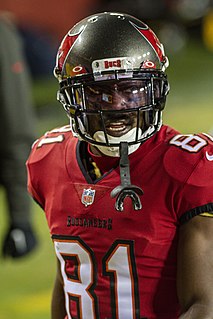A Quote by Howard Schultz
Our history is based on extending the brand to categories within the guardrails of Starbucks.
Quote Topics
Related Quotes
I've seen the end of the universe, and it happens to be in the United States and, oddly enough, it's in Houston, Texas. I know - I was shocked, too. Imagine my surprise when I left a comedy club one day and walked to the end of the block, and there on one corner was a Starbucks, and across the street from that Starbucks, in the exact same building as that Starbucks, there was - a Starbucks. I looked back and forth, thinking the sun was playing tricks with my eyes. That there was a Starbucks across from a Starbucks - and that, my friends, is the end of the universe.
The harsh reality is that we simply cannot tax our way out of our overspending and debt problem. We need a balanced approach that includes both a stronger economy to generate new tax revenues and bipartisan guardrails, which will help ensure that future presidents and congresses spend within our means.
Some social scientists say that in-group/out-group biases are hard-wired into the human brain. Even without overt prejudice, it is cognitively convenient for people to sort items into categories and respond based on what is usually associated with those categories: a form of statistical discrimination, playing the odds.































